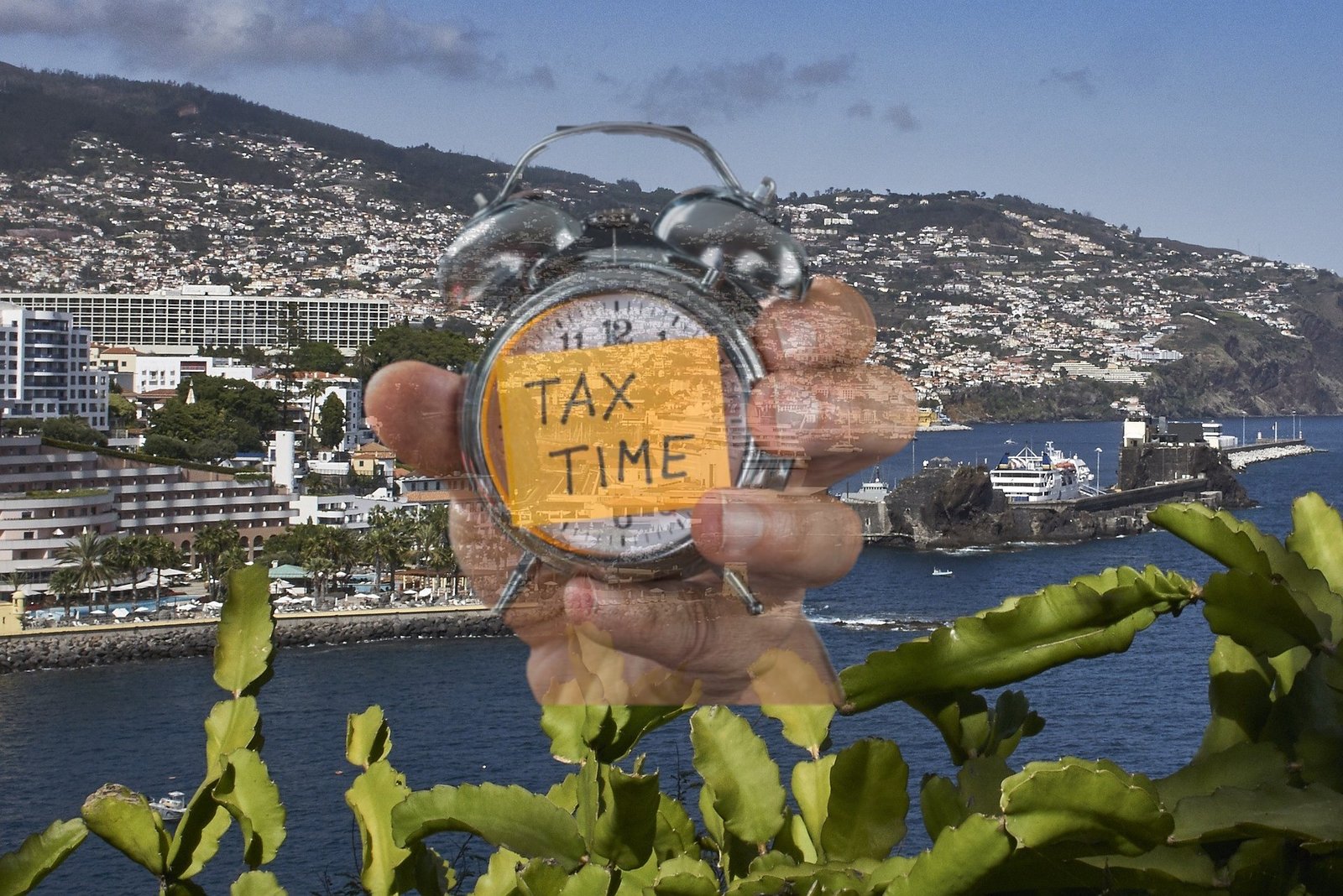Since April it is even easier to apply for a Tax Identification Number (NIF – Número de Identificação Fiscal) in Portugal. Due to the exceptional situation caused by COVID-19, it is not necessary to go personally to a branch of the Portuguese Tax Authority (AT – Autoridade Tributária e Aduaneira, also known as “Finanças”) as the application can be done online.
The online service is available for both Portuguese and foreign citizens on the e-Balcão website.
If you prefer to do this in person, the service is also available at any branch of the Portuguese Tax Authority and most Lojas or Espaços do Cidadão (Citizen Shops), but it is advisable to contact in advance before travelling to confirm if the office is open to the public and specific requirements of each branch (in some situations, it may be required to book an appointment in advance):
– Tax Authority (AT – Autoridade Tributária e Aduaneira) service counters;
– Loja do Cidadão counters that provide this service;
– Other public local service branches that provide Citizen Card services (Cartão do Cidadão).
Both online and in-person, applying for a NIF in Portugal is a free service.
What is a NIF number and why do I need one?
The NIF is the Portuguese Tax Identification Number, also known as the Taxpayer’s Number. It is a nine-digit number, unique to each citizen, and is used on any official or legal activity in Portugal between yourself and the Portuguese tax authority. This number is present on Portuguese tax cards and the Portuguese citizen’s ID card (Cartão do Cidadão).
The NIF number is used to:
– Identify anyone in Portugal for fiscal purposes;
– Provide the Portuguese Tax Administration with an essential mean of combating fraud and tax evasion.
The use of NIF is only compulsory if you obtain income or have to comply with a tax or financial transaction formality. In practical terms, this means that you’ll need a NIF number to do just about anything in Portugal (even for only short-term residency).

Situations, where you will need a NIF number, include:
– Renting or buying a property;
– Opening a bank account or obtaining any kind of credit (e.g. a mortgage);
– Owning a car or applying for a drivers license;
– Contacting services such as water, electricity, Internet…;
– Taking up employment;
– Receiving any type of income in Portugal (e.g. rental income);
– Attending a school in Portugal;
– Paying taxes in Portugal.
Although it is not a legal requirement to obtain a NIF number, it is mandatory to have one in all of these situations. There are also some cases in which providing your NIF number can help you save money on taxes, as well as other tax-related benefits.

Who can apply for a NIF?
Regardless of being a resident or nationality, anyone can request a NIF number in Portugal.
The number is issued by the AT – Autoridade Tributária e Aduaneira, both for individuals and companies, but in some cases it is necessary to appoint a Tax Representative (Representante Fiscal).
What is a Tax Representative?
When registering for a NIF number, citizens who are not permanent EU residents are obliged to appoint a Tax Representative with permanent residence in Madeira.
If you need a tax representative in Madeira, we suggest hiring a certified Fiscal Representation service that will take care of everything for you, including the NIF application.
Besides saving time, having professional Fiscal Representation also provides foreign clients with support regarding any tax matter. A Fiscal Representative will also act on your behalf if you are not living in Madeira.

Which documents do I need to apply for a NIF number?
These are the documents you will need to apply for a NIF number in Portugal:
European Union (EU) / European Economic Area (EEA) Citizens:
– Valid Identity Card or Passport*;
– Proof of residence.
Non European Union (EU) / European Economic Area (EEA) nationals:
– Valid Passport*;
– Proof of residence.
Children without an Identity Card or Passport:
– Birth Certificate.
* A valid photo ID or a scanned, signed copy if applying through a Lawyer or Fiscal Representative.

Can you recommend a company /person that we can use to get our nif number for our move to maderia in maderia